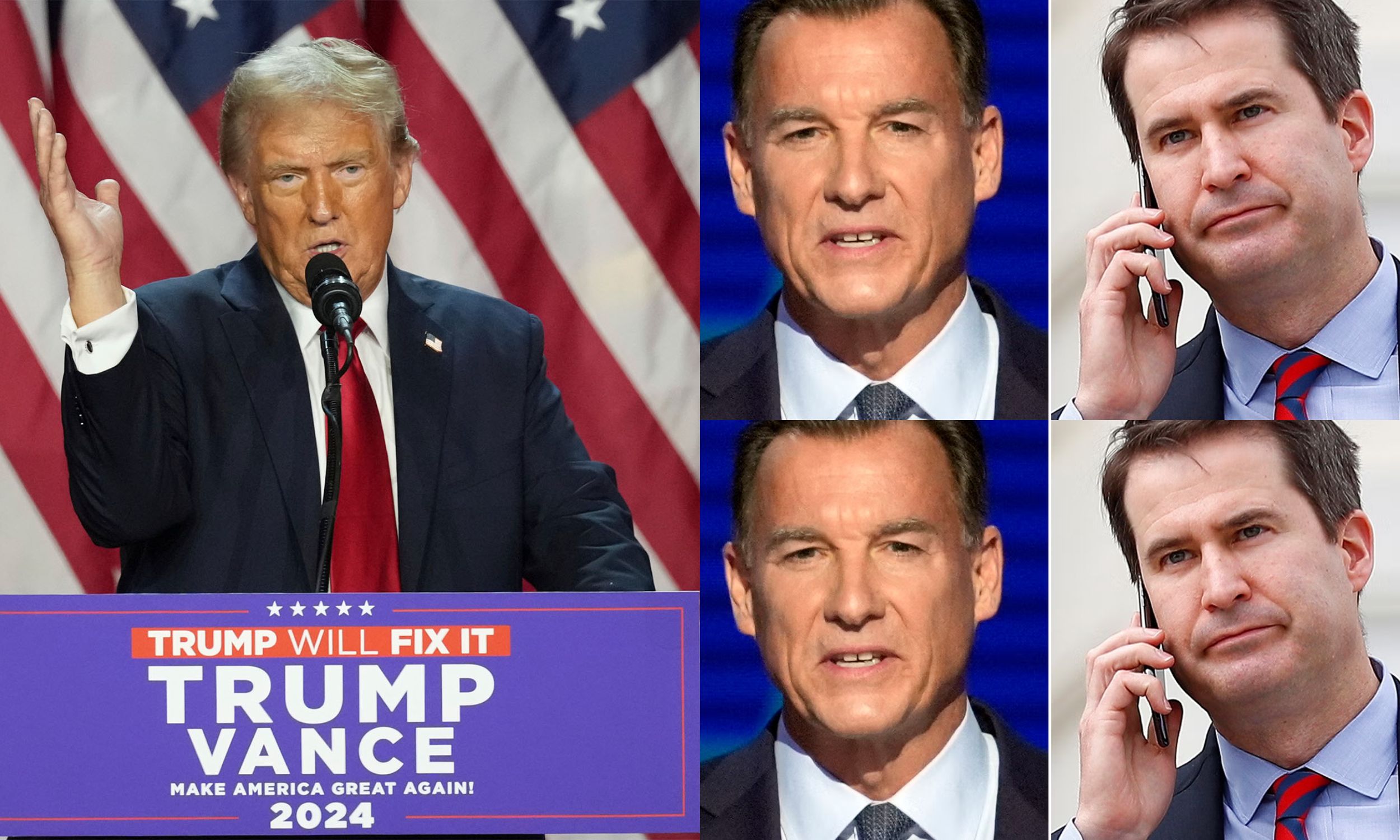Following President-elect Trump’s decisive victory over Vice President Harris, two House Democrats expressed their opposition to transgender athletes competing in women’s sports. Their stance marks a shift to the right from their earlier positions, adding to the ongoing divisions within the Democratic Party.
Trump and the Republican Party heavily focused on anti-transgender messaging as the presidential election neared its end. Millions of dollars were invested in advertisements during football games that criticized trans athletes and gender-affirming care.
One of the most effective ads aired during the campaign featured comments from “The Breakfast Club” host Charlamagne tha God. The ad, according to an analysis by Future Forward, a super PAC supporting Harris, swung the race 2.7 percentage points in Trump’s favor.

Harris struggled to directly address Trump’s attacks, avoiding questions about transgender rights during interviews. This response frustrated some Democrats.
Rep. Tom Suozzi (D-N.Y.) expressed his view in an interview, stating that Democrats needed to stop pandering to the far left. “I don’t want to discriminate against anybody, but I don’t think biological boys should be playing in girls’ sports,” Suozzi said.
Suozzi, who narrowly won reelection, added that the Democratic Party should acknowledge this issue more openly. He had previously supported transgender rights legislation during his first tenure in Congress, including backing the Equality Act and a resolution focused on addressing bullying faced by LGBTQ students.
However, he had left Congress by the time the transgender sports ban bill was introduced, which passed along party lines. Suozzi’s office did not respond to inquiries regarding whether he would support similar legislation in the future.
Rep. Seth Moulton (D-Mass.) also blamed Harris and the Democratic Party’s stance on transgender athletes for the party’s losses on election night. He criticized the party’s reluctance to address the concerns of many Americans, particularly those with children. “I have two little girls, I don’t want them getting run over on a playing field by a male or formerly male athlete,” he said.
Moulton, who like Suozzi has consistently voted to protect transgender rights, expressed his frustration with the direction the party has taken on this issue. Moulton had opposed the Protection of Women and Girls in Sports Act, which sought to redefine sex in Title IX based on biological characteristics.
Moulton’s office clarified that his statement was part of a broader discussion about identity politics, but did not address his past votes or whether his views on transgender issues had shifted.
Both Moulton and Suozzi were endorsed by the Human Rights Campaign, which advocates for LGBTQ rights and opposes efforts to restrict transgender athletes. A spokesperson for the organization, however, did not comment directly on the statements made by the two representatives.
Brandon Wolf from the Human Rights Campaign pointed out that anti-trans attacks have not proven to be decisive issues in elections. According to their exit polls, just 4 percent of voters identified transgender care or athletes in sports as their top concern.
Wolf emphasized that focusing on divisive issues like those targeting transgender individuals will not help build a winning coalition for future elections.


